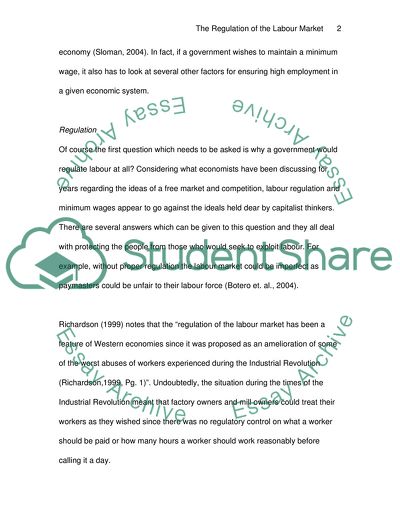Cite this document
(The Regulation of the Labour Market in the UK Term Paper, n.d.)
The Regulation of the Labour Market in the UK Term Paper. Retrieved from https://studentshare.org/macro-microeconomics/1709795-the-regulation-of-the-labour-market-the-national-minimum-wages-example
The Regulation of the Labour Market in the UK Term Paper. Retrieved from https://studentshare.org/macro-microeconomics/1709795-the-regulation-of-the-labour-market-the-national-minimum-wages-example
(The Regulation of the Labour Market in the UK Term Paper)
The Regulation of the Labour Market in the UK Term Paper. https://studentshare.org/macro-microeconomics/1709795-the-regulation-of-the-labour-market-the-national-minimum-wages-example.
The Regulation of the Labour Market in the UK Term Paper. https://studentshare.org/macro-microeconomics/1709795-the-regulation-of-the-labour-market-the-national-minimum-wages-example.
“The Regulation of the Labour Market in the UK Term Paper”, n.d. https://studentshare.org/macro-microeconomics/1709795-the-regulation-of-the-labour-market-the-national-minimum-wages-example.


